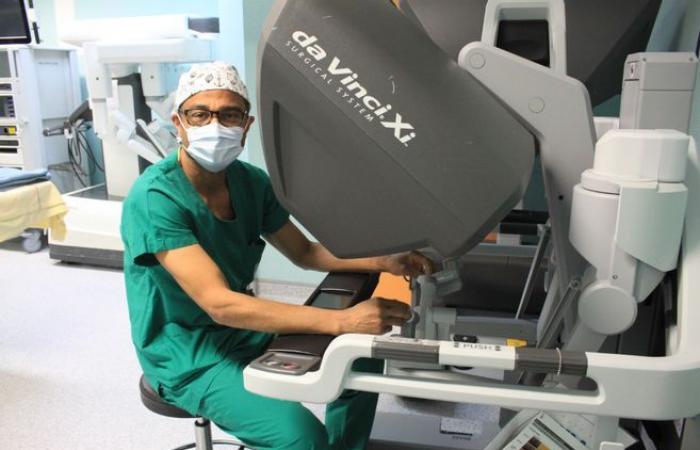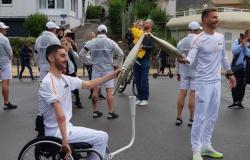The Dijon University Hospital is one of the best-equipped hospitals in France since the arrival of two new surgical robots. The investment will benefit patients from Nièvre followed by the CHAN. Explanations.
The two “beasts”, with their four articulated arms, arrived on June 12. The Dijon University Hospital now has four surgical robots, one of which (the oldest) will be reserved for training.
Solidarity doctors in Chantenay-Saint-Imbert: a collective adventure, a “slightly crazy idea”
“We are going to be able to increase the use” of this technique which today “represents around forty operations per year for my department”, says Professor Philippe Kadhel, head of the gynecological and oncological surgery department at the Dijon University Hospital where one of the robots has been installed, and head of the gynecology-obstetrics department at the Nevers urban hospital centre (CHAN).
6 members trained
Six members of his team, in Dijon, will be trained to use it and, from September, practitioners from the Nevers hospital center will join them to be able, from 2025, to “come to Dijon with patients for whom the technique presents an advantage”.
Three Vietnamese doctors will strengthen the teams at Nevers hospital
Among the operations performed in gynecology with the help of the robot: hysterectomy, management of prolapse (organ prolapse), endometriosis surgery and removal of cancerous tumors. The robot is particularly interesting “for managing the most complex cases” treated by coelioscopy (a minimally invasive technique where patients are not “opened”), explains Philippe Kadhel.
A gain in precision
The robot, equipped with four arms (one of which carries the camera), is controlled by the surgeon who gains in precision. “Parasitic movements, such as tremors, are eliminated” and “vision is much better” (with an image magnified ten times), underlines the professor. The benefits for patients are also significant: “No force is exerted on the wall, so the post-operative phase is much less painful and the convalescence time reduced”.
Landmarks
- 600 procedures per year at Dijon University Hospital before the arrival of the two new robots
- Main uses: thoracic, urological, digestive, gynecological and pediatric surgery
- 1.7 million euros of investments
- Manufacturer: Intuitive Surgical
- Model : From Vinci Xi
Alexandra Caccivio






